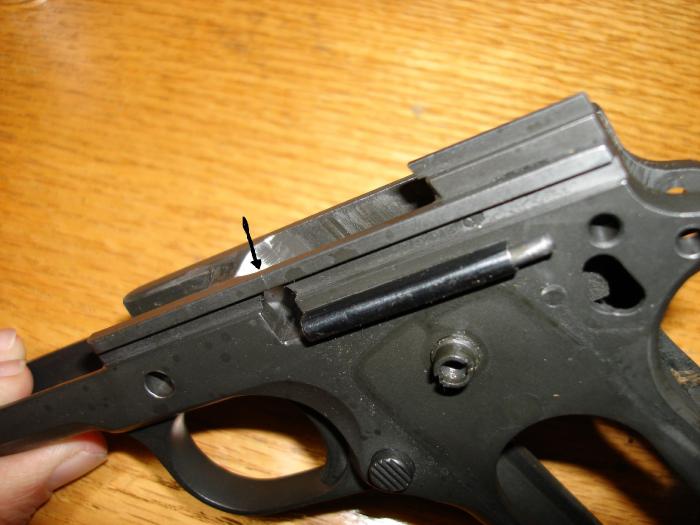FireInCairo
member
- Joined
- Feb 28, 2009
- Messages
- 710
So I've been buying plastic bins regularly over the last 15 years. We all consider plastic bins "non-durables," but even 10 years ago these binds would last a few years or more.
The last 5 year or so it seems the plastic bins come to point, not even within a year, wherein they become really brittle and the polymer is so stiff it chips and cracks really easily and quickly becomes useless and ready for the trash bin. They start off fine, but quickly "age" for lack of a better term, and become brittle and prone to breaking.
I have been noticing some stories lately about polymer Glock, S&W, and other makes frames cracking.
What if plastic is not so fantastic down the road? What if all the polymer pistols out there became compromised because of their polymer make-up 20 years down the road?
Has this every crossed anyone's mind? I think I found the beef with plastic.
The last 5 year or so it seems the plastic bins come to point, not even within a year, wherein they become really brittle and the polymer is so stiff it chips and cracks really easily and quickly becomes useless and ready for the trash bin. They start off fine, but quickly "age" for lack of a better term, and become brittle and prone to breaking.
I have been noticing some stories lately about polymer Glock, S&W, and other makes frames cracking.
What if plastic is not so fantastic down the road? What if all the polymer pistols out there became compromised because of their polymer make-up 20 years down the road?
Has this every crossed anyone's mind? I think I found the beef with plastic.





